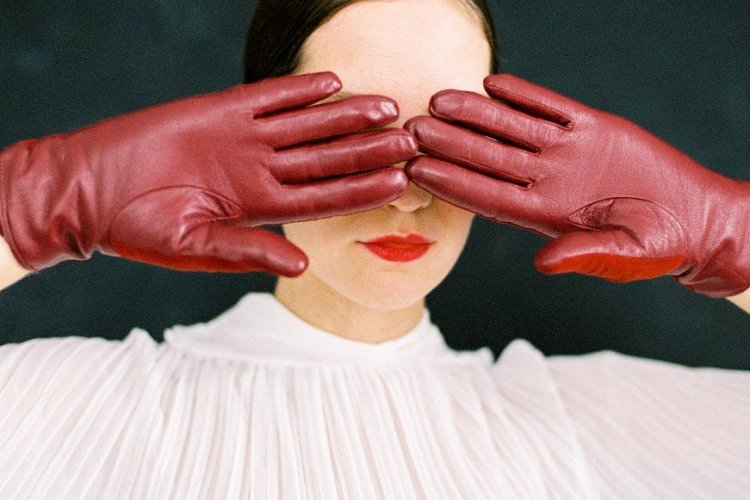‘Don’t tax Bluey’: Ambassadors to US warn against Trump movie tariffs
Australia’s diplomat says the popular children’s cartoon could be impacted.
Ambassadors to the U.S. warned Tuesday in the heart of Hollywood against tariffs for foreign movies — a proposal floated by President Donald Trump this week — with Australia’s diplomat invoking a popular children’s cartoon from his country.
“I don’t think we want to see a tax on Bluey,” Ambassador Kevin Rudd, a former prime minister, said on a panel about “forging global alliances” at the Milken Institute Global Conference in Los Angeles, where entertainment industry A-listers mingled with politicians and corporate executives.
“What happens if we all lock down our countries with competitive, punitive arrangements against each other’s movies? Movies are the way in which we kind of understand each other more.”
The comments come after Trump on Sunday vowed to slap 100 percent tariffs on foreign film imports, opening up a new front in his oscillating trade strategy that puzzled foreign moviemakers.
U.K. Ambassador Peter Mandelson voiced similar sentiments on the same panel when asked about his country’s cultural diplomacy and the importance of British fashion brands, cars and icons like James Bond.
“That’s why we’re not very keen on tariffs on cars, nor are we terribly keen on tariffs on films, amongst the best of which, of course, are now made in Britain,” Mandelson said.
Trump has framed his proposal as a way to save the American film industry, saying he would immediately authorize the Department of Commerce and the United States Trade Representative’s Office to implement a 100 percent tariff on “any and all Movies coming into our Country that are produced in Foreign Lands.”
He suggested incentives from other countries to filmmakers to make their movies abroad amounted to a “concerted effort” and “therefore, a National Security threat.”
Studios have increasingly shifted film production abroad in recent years in pursuit of lower labor costs and lucrative tax breaks offered by other countries.
Luxembourg’s Ambassador Nicole Bintner, who previously worked in the Sahel region, also raised the importance of “cultural diplomacy” on the panel with Rudd and Mandelson, saying she had worked with young African filmmakers while there and helped set up village screenings.
“These are extremely powerful tools to engage bridge understanding, bring people together,” Bintner said.
Rudd also pointed to the film “The Dish,” about how Australia’s Parkes Observatory helped transmit the Apollo 11 Moon landing broadcast to television screens across the world in 1969.
“That is the platform which delivered the world the pictures of Neil Armstrong landing,” he said. “Why? Because your system failed at five minutes to midnight … These guys had to take out trigonometry rulers and had to rapidly work out how to connect.”




















:quality(85):upscale()/2025/08/13/775/n/1922283/3c0cbead689ccd0c422644.10221678_.png)
:quality(85):upscale()/2025/01/08/844/n/1922398/cde2aeac677eceef03f2d1.00424146_.jpg)
:quality(85):upscale()/2025/07/10/708/n/1922398/8fe2782e686fe372b38bf8.29984296_.jpg)
:quality(85):upscale()/2025/07/02/859/n/1922398/d8afa3b768658a601527c2.07656391_.jpg)
:quality(85):upscale()/2025/02/27/808/n/1922398/26784cf967c0adcd4c0950.54527747_.jpg)















